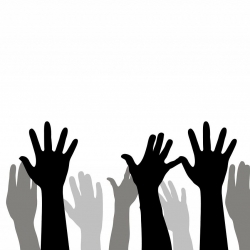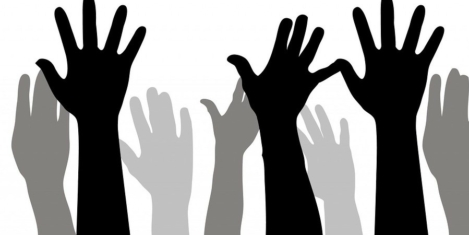March 15, 2024
Productivity boost from volunteering ‘adds £4.6 billion to UK economy each year’
 Volunteering is delivering productivity gains worth billions to the UK economy each year, a new study claims. The report by Pro Bono Economics (PBE), commissioned by national volunteering charity Royal Voluntary Service, estimates productivity gains worth at least £4.6 billion each year, or £4,551 per volunteer, arising from volunteering by those in professional and managerial occupations. The PBE report, titled?A pro bono bonus: The impact of volunteering on wages and productivity, stresses that these productivity gains would likely be even higher if the voluntary efforts of those in other job roles, as well as the benefits of volunteering to unemployed people, were taken into account. (more…)
Volunteering is delivering productivity gains worth billions to the UK economy each year, a new study claims. The report by Pro Bono Economics (PBE), commissioned by national volunteering charity Royal Voluntary Service, estimates productivity gains worth at least £4.6 billion each year, or £4,551 per volunteer, arising from volunteering by those in professional and managerial occupations. The PBE report, titled?A pro bono bonus: The impact of volunteering on wages and productivity, stresses that these productivity gains would likely be even higher if the voluntary efforts of those in other job roles, as well as the benefits of volunteering to unemployed people, were taken into account. (more…)


































March 14, 2024
Our false memory of work in 2019 is stopping us from having better conversations
by Mark Eltringham • Comment, Workplace